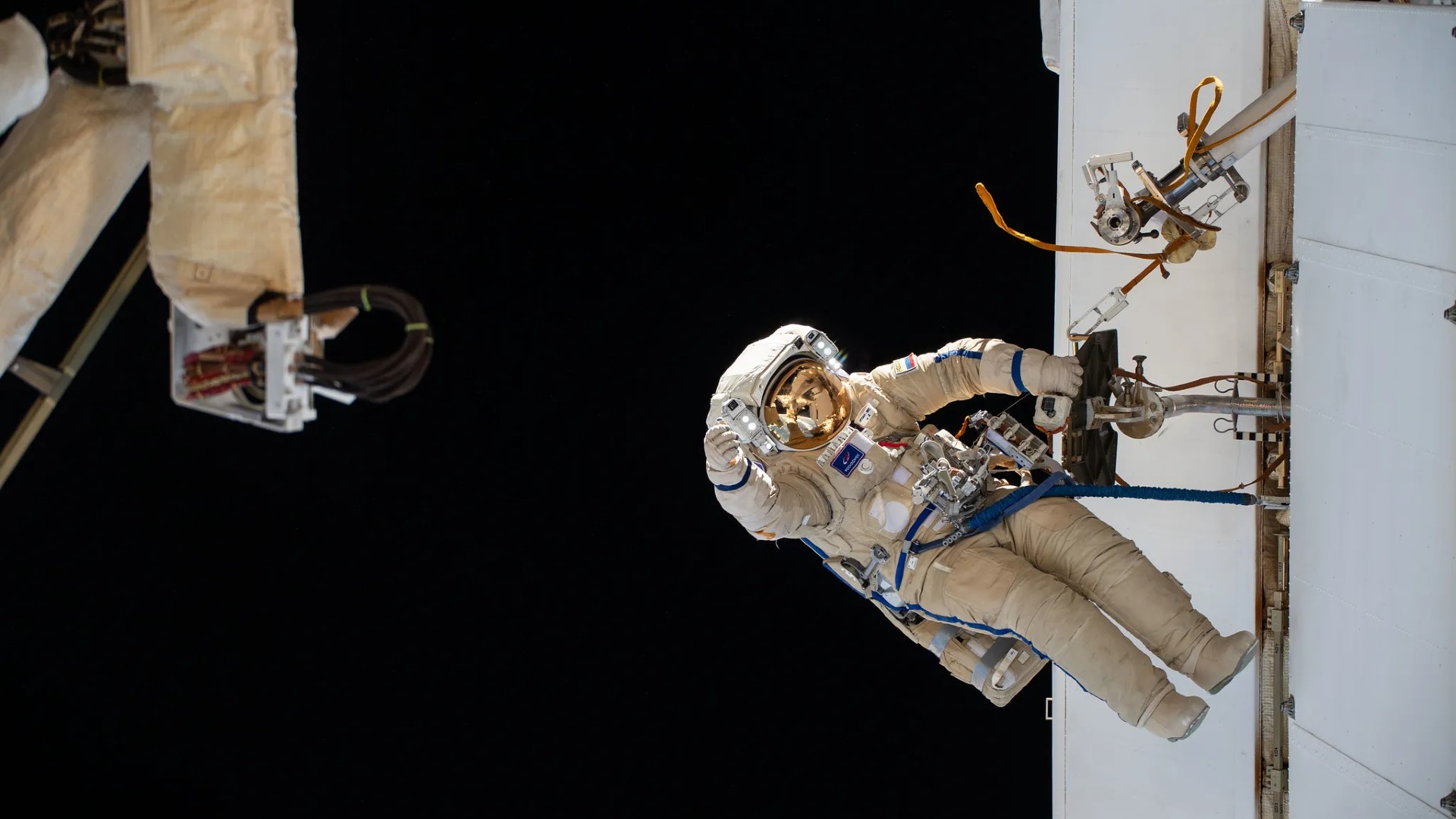Hunt for alien biosignatures in 'Mars Horizon 2: The Search for Life' on PC
The space agency-focused game, similar to Kerbal Space Program, will have players look for life on the Red Planet.
Breaking space news, the latest updates on rocket launches, skywatching events and more!
You are now subscribed
Your newsletter sign-up was successful
Want to add more newsletters?

Delivered daily
Daily Newsletter
Breaking space news, the latest updates on rocket launches, skywatching events and more!

Once a month
Watch This Space
Sign up to our monthly entertainment newsletter to keep up with all our coverage of the latest sci-fi and space movies, tv shows, games and books.

Once a week
Night Sky This Week
Discover this week's must-see night sky events, moon phases, and stunning astrophotos. Sign up for our skywatching newsletter and explore the universe with us!

Twice a month
Strange New Words
Space.com's Sci-Fi Reader's Club. Read a sci-fi short story every month and join a virtual community of fellow science fiction fans!
A new Martian gaming adventure will come to PC in 2024.
Mars Horizon 2 will have players search for Red Planet life in this successor to the Kerbal Space Program-like "space race" 2020 adventure Mars Horizon, which had players build virtual rocket programs based on real-life space hardware.
"Reaching Mars is just the beginning as Mars Horizon 2: The Search for Life sends players to the farthest reaches of the solar system on the hunt for evidence of life," game developer Auroch Digital and publisher Secret Mode said in an e-mailed release Tuesday (March 7).
"Players race to make discoveries ahead of rival agencies, using established scientific methodology in tandem with modern and near-future technologies to seek, recover, and analyze alien biosignatures."
Related: Kerbal Space Program 2 is here! Spark joy with exploding rockets
Mars Horizon 2, like its predecessor, will have players work on managing a virtual space agency in collaboration or in competition with other groups exploring space. The original game included real-life rocket types and people from space history to enrich the playing experience.
The game has some similarities with Kerbal, which also includes launch campaigns but which focuses on real-life physics. Mars Horizon 2 will be played from the perspective of mission control, however. It aims to allow users to manage staff, build facilities on different planets, design and launch rockets, and "make key decisions in tough narrative events," according to the release.
Breaking space news, the latest updates on rocket launches, skywatching events and more!
Once you find potential evidence of life, you can process that information in a lab after skilling up through a sequence of technology advancements, the release added.
In real life, NASA and the European Space Agency are engaging in a sample return campaign that may bring back evidence of life on Mars as soon as 2033. The Perseverance rover has already collected and stored 10 twin samples of material, one set on the surface of the Red Planet and one inside its belly. The mission calls for Perseverance to deliver its set of samples to an awaiting spacecraft or, if needed, for two fresh fetch helicopters to nab the backup tubes on the surface.
More information about the game's development and release will be forthcoming on Steam and via the Auroch Digital Newsletter in the coming months.
Elizabeth Howell is the co-author of "Why Am I Taller?" (ECW Press, 2022; with Canadian astronaut Dave Williams), a book about space medicine. Follow her on Twitter @howellspace. Follow us on Twitter @Spacedotcom or Facebook.

Elizabeth Howell (she/her), Ph.D., was a staff writer in the spaceflight channel between 2022 and 2024 specializing in Canadian space news. She was contributing writer for Space.com for 10 years from 2012 to 2024. Elizabeth's reporting includes multiple exclusives with the White House, leading world coverage about a lost-and-found space tomato on the International Space Station, witnessing five human spaceflight launches on two continents, flying parabolic, working inside a spacesuit, and participating in a simulated Mars mission. Her latest book, "Why Am I Taller?" (ECW Press, 2022) is co-written with astronaut Dave Williams.


